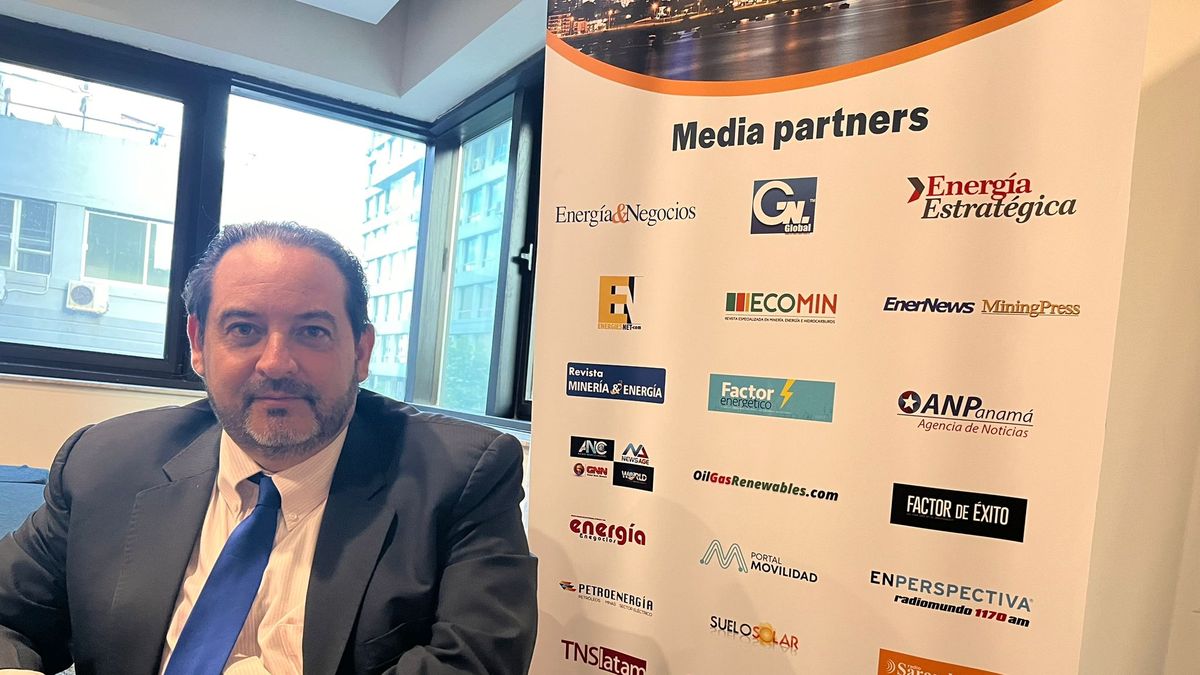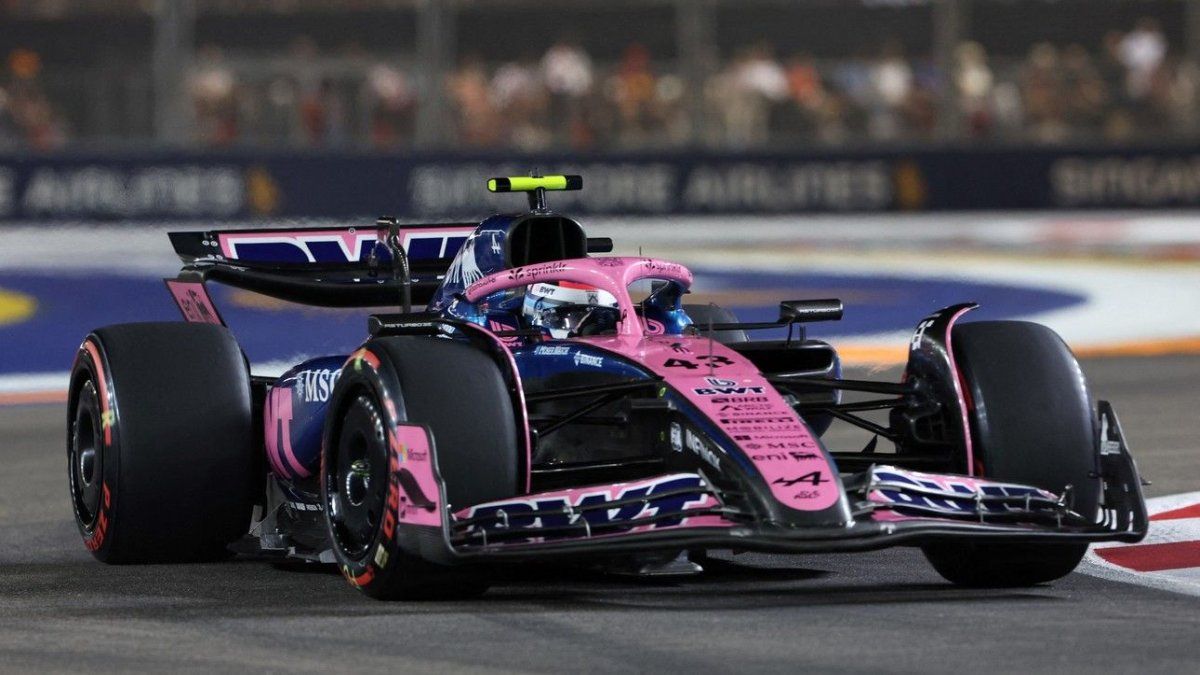Within the framework of the VIII Energy Week that had to Montevideo as headquarters, Ambit spoke with the secretary general of the Latin American Energy Organization (Olade), Andrés Reboledo, who was minister of energy Chili in the period 2016-2018. The official highlighted the strategy that the Uruguay in terms of transformation of its energy matrix that positions it as one of the leaders in the region.
—Is it possible to coordinate policies, taking into account the diversity of the continent?
There are several very interesting topics that are part of the countries’ agenda, such as the entire process of transformation and change towards a new fuel such as green hydrogen, synthetic fuel and everything it means to advance in this second phase of the energy transitions which involves developing other sectors beyond the electricity market, where many countries in Latin America They are taking steps that are significant in that sense.
The second thing that has been talked about a lot this week is technological changethe incorporation of digitalization, artificial intelligence in the operational management of electricity markets, all of this will determine the future of development in the energy sector.
The third place, which has also been a central axis in the conversation, has to do with the energy integration which is part of the central mission of the Olade organization.
I sincerely believe that it is possible to advance in matters of greater regulatory and physical integration in infrastructure, in matters of electrical integration and in gas integration in Latin America. The central challenge today is precisely to advance rather in the field of regulatory harmonizationwhich without a doubt today is required to have more integration and develop more regional markets and not just domestic.
—I return to the differences, there are countries that have the energy service in the hands of the State, Uruguay is an example, others that are in the private sector environment, is that a problem or not?
It is a challenge, clearly Latin America is very diverse in terms of energy resources and also in terms of economic institutionality in the energy sector. You are right, there are countries where practically all segments of the energy market are private and others that are more in the public paradigm, there are countries that have a mix, but that does not prevent them from political will you can reach agreements.
—What power does Uruguay have as a small country in the energy area?
Well, Uruguay In the global context it has a much greater impact than its relative size, in football, in international organizations, in the discussion of the international global agenda in general and in the projection of what has been the change, the reform and transformation in the energy market and electrical in particular.
Indeed, this country has shown a important leadership regarding the transformation of the electrical sector incorporating renewable energy with an interesting mix in terms of the energy matrix in this market, with wind being the strongest protagonist in recent years.
In Latin America 60% of all electricity generation It is made with renewable sources. There are 11 countries that have more than 60% and there are some that have 100%, among which is Uruguay some hours of the day, some days. And therefore that is clearly a sign of that change, of leadership and I believe that from that we will advance in the second phase of the energy transition, which is decarbonize the economy like an everything.
This country is in a good relative position to undertake that challenge.
—In all the countries in the region there was drought, but in Uruguay the impact was controlled through precisely that diversification. It’s an example to follow ?
This is for countries that depend a lot on hydroelectricity It has affected them greatly, where in some cases they are even applying electricity rationing. In that context, I believe that what is appropriate, in addition to doing the domestic tasks of diversifying the matrix, which is probably the main recipe in the medium and long term, is also cooperation, collaboration, integration in a response to that. In fact today Ecuador is buying electricity from Colombia already Peru, is partially solving its supply problem, and consequently there is an objective answer regarding a moment when it is required to give energy security, in this case to that country, but I think that the integration It is also a response to temporary situations like this.
Source: Ambito




